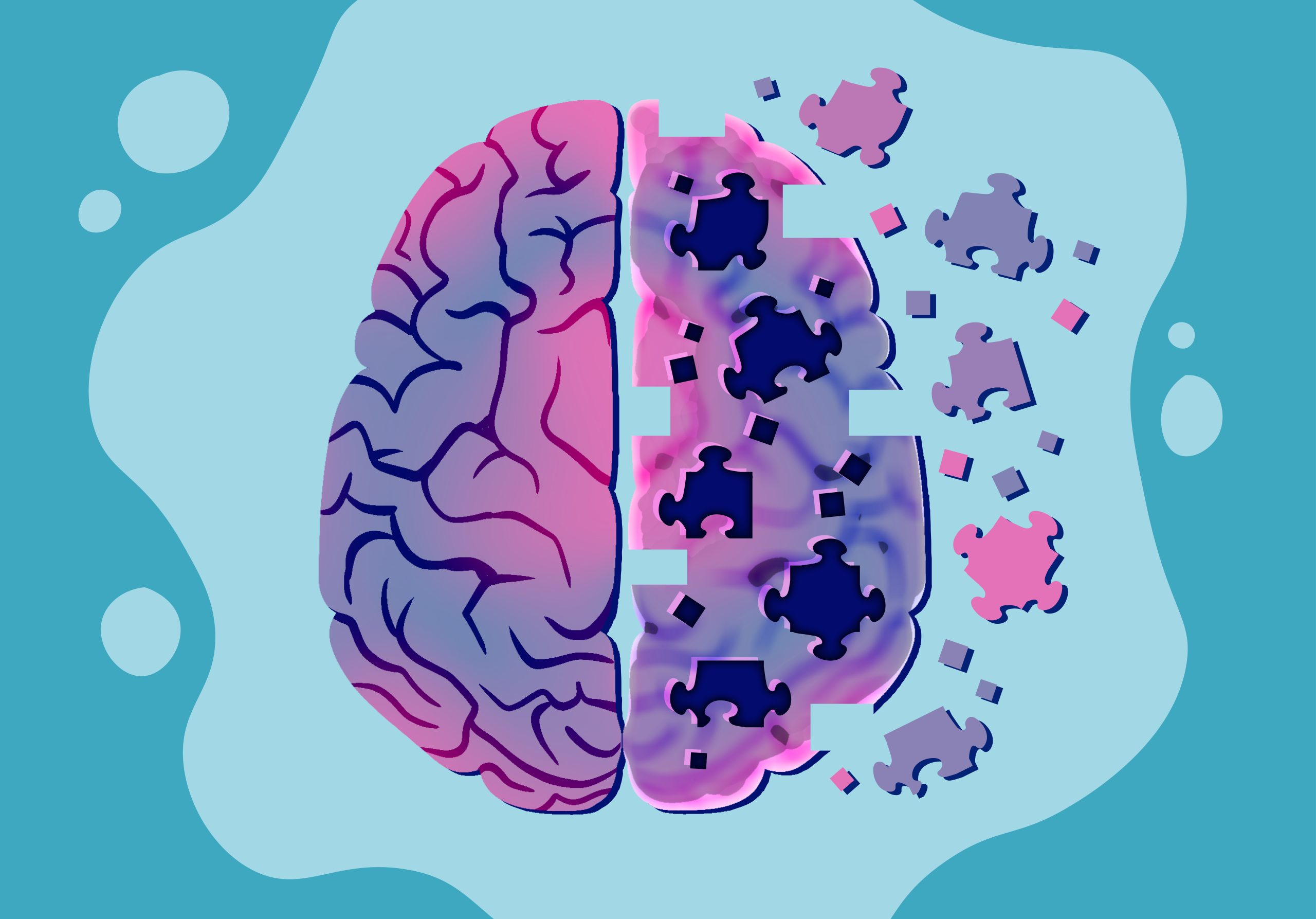The Korean adoptee experience is fairly easy to summarize. The patterns are there. The literature written about it always follows along the same trajectory. In this way, my story is not all that unique, though every adoptee’s experience has its own variations.
There are nearly 200,000 of us scattered throughout North America, Europe and Australia. In the states, Minnesota has over 10,000 Korean adoptees, making it home to the highest number of Korean adoptees per capita in the entire world.
Like many others, I was adopted as an infant into an upper-middle class Caucasian family. While growing up in white suburbia, I dealt with my fair share of identity crises, depression and abandonment issues. These prescribed emotional impediments were always linked back to my adoption by various therapists and psychiatrists. Almost every other Korean adoptee I met went through some form of therapy in junior high and/or high school and was diagnosed in a similar fashion. Most of us developed a yearning to return to Korea and find our biological families. We thought by doing so we would fill a void that existed somewhere within us. Whether we actually felt a tangible emptiness or were simply told it was there is almost impossible to discern.
What is distinctive about being an adoptee is that you are virtually thrown into a cultural No Man’s Land. Supposedly, you have no “roots.” It becomes difficult to disentangle who you are from who you’re supposed to be. You become a blank canvas for other people’s expectations. Many adoptees that I know, as well as myself, have felt alienation from white culture and even more from Korean culture. We simultaneously occupy small areas of both these spaces, but find we do not belong in either. The struggle between these cultural realms is quite possibly the defining feature of the Korean adoptee experience.
This dynamic has been described in psychology, social work and personal memoirs. However, the concepts of what exactly “white culture,” “Korean culture,” “Asian culture” or even “culture” in general mean have not been examined as extensively.
The concept of culture is almost always considered a given. It’s home; it’s a place of natural origin. It’s family, music, food and religion. It’s language, and it’s the words in your mouth and that you hear. It’s all-encompassing, it’s defining, it’s a marker you display through speech, dress and gestures that show people who you are. For the most part, culture labels and compartmentalizes you. In this way, the construct of culture makes life easier for those who are born into a preset framework. For those who fall between the cracks, however, things tend to get more complicated.
For some adoptees, including myself, going back to Korea and even meeting biological family members only provides temporary relief from feelings of alienation. As it turns out, no amount of kimchi, Taekwondo lessons or 2NE1 music videos can change — or create — a semblance of an identity. This is not to say that going back to Korea and/or meeting biological family members isn’t fun, enriching or even life-changing, but it is not a cure. It does not remove you from the No Man’s Land — and nothing can. I suppose I can’t speak in general terms for all adoptees in this regard. Maybe some have found a sense of completion from going to Korea or looking into the face of a blood relative for the first time. I also know that many have not, and it’s easy to understand why.
Culture, to me, has always been evasive and ever transforming. It is not simply rooted and contained within geographical boundaries. Korean culture, for instance, takes on different forms in Korea, America, Australia, Europe or any other country. Korean culture in America, for instance, also breaks up into other subcultures. Though they all share a handful of relatively superficial common factors, each group is constantly evolving. Korean culture and American or Western culture are also not so easily separated. Western culture undeniably influences Korean culture and vice versa. Though there are some fundamental differences between the umbrella terms of Korean and American culture, they are not binary entities.
Culture seems like a simple concept because of the way it has been mass marketed. Depictions of culture are embedded into everything, usually through some form of advertisement. We are led to believe that if we buy a certain product or eat at a certain restaurant, we can posses or embody “Asian” or “Korean” culture. Because of these depictions, it is believed that culture can ‘“belong” to some but not to others. These beliefs are not based on what culture actually is but on the skewed way it has been presented to us.
For years, I struggled to make the choice between Korean culture and white culture. I felt that if I made that decision, I would be a complete person. It wasn’t until college that I began to feel at home in No Man’s Land. In this space I created for myself, I didn’t need a particular culture to define or complete me. I purged myself of the list of requirements I thought I needed to “Be Korean.” In No Man’s Land, I could be anything. In No Man’s Land, I found happiness.










